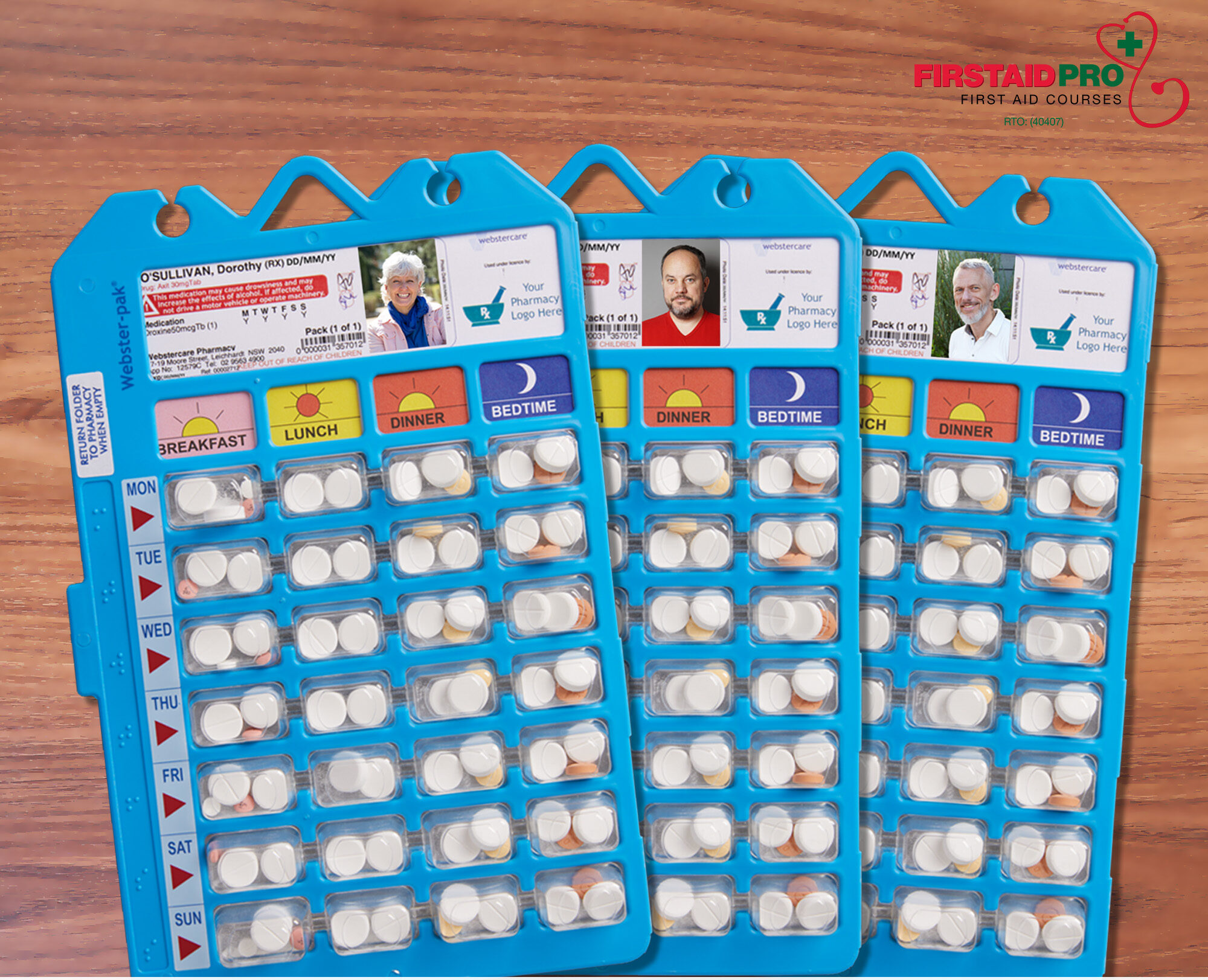The Critical Role of Medication Training: Ensuring Safe and Effective Patient Care

Medication administration is an essential aspect of healthcare, ensuring the safety of patients and the effectiveness of their care. However, medication errors are a common problem in healthcare facilities. It causes harm to patients and increasing the risk of liability for healthcare providers. Proper medication training can help prevent errors and ensure the safe and effective delivery of patient care. In this post, we will explore the critical role of medication training in healthcare and its importance for both patients and healthcare providers.
1. Reducing Medication Errors:
Medication errors can be caused by a variety of factors. Such as improper dosing, incorrect administration, and miscommunication between healthcare providers. Proper medication training can help reduce these errors by teaching healthcare providers the proper techniques for administering medication. And, how to identify adverse reactions, and how to communicate effectively with other healthcare professionals. By doing so, medication training can help improve patient outcomes and lower the risk of legal consequences for healthcare providers.
2. Ensuring Patient Safety:
One of the most critical aspects of medication training is ensuring patient safety. Healthcare providers should be educated on the proper administration of medication, medication interactions, potential side effects, and patient monitoring. They can better understand the importance of patient safety and take the necessary precautions to ensure it. Moreover, medication training can help healthcare providers recognise the signs of medication errors and intervene before they cause any harm.
3. Ensuring Patient Outcomes:
Proper medication training can also enhance patient outcomes by helping healthcare providers tailor medication regimens to the specific needs. With the trainings, they can prescribe the best course of treatment for each patient. This can help prevent unnecessary adverse reactions and complications. Thereby improving the patient’s quality of life and reducing the risk of readmission.
4. Boosting Patient Healthcare Provider Performance:
Medication training is not just beneficial for patients; it also enhances healthcare provider performance. By keeping healthcare providers up-to-date on the latest medication practices, technologies, and regulations, medication training can help them provide better quality care to their patients. Moreover, it can help healthcare providers stay current on medication trends, thereby enhancing their professional development.
5. Maintaining Regulatory Compliance:
Medication training is an important aspect of regulatory compliance. In many states and healthcare facilities, healthcare providers are required to complete medication training before they can administer medication. Failure to do so can result in penalties, fines, and even loss of licensure. By offering medication training, healthcare providers can maintain regulatory compliance and keep their skills up to date.
Conclusion:
Proper medication training is crucial to ensure the safe and effective delivery of patient care. By educating healthcare providers, medication interactions, potential side effects, and patient monitoring, medication training can help reduce medication errors. Furthermore, it can improve patient outcomes, boost healthcare provider performance and regulatory compliance. By investing in their own education and training, healthcare providers can improve their own and their patients’ safety. Also, enhancing the quality of care delivered in healthcare facilities.
Book a free Consultation with us today!
Mobile : 1800960068
Email : contactus@iseeksupport.au









